As 2022 draws to a close, it’s a good time to reflect upon all the work we’ve done at Ad Fontes this year.
2022 marked our first full calendar year since our upscale and relaunch in the summer of 2021. We’ve put out four fantastic print issues once again, including two symposium issues, and continued to publish insightful pieces online in our blogs and web exclusives. We are steadily building a journal of Protestant letters which is grounded in the past, relevant to the present, and building a fruitful resource for the future.
By way of an end of year round-up, I wanted to publish my “Editor’s Choice” list for 2022–my ten favourite articles from what we’ve published this past year. Some happen to also be some of the most read articles of the year; others are ones which we perhaps a bit overlooked but which, for whatever reason, have stuck with me and evidence well what we’re all about at Ad Fontes.
And let me say here: if you enjoy and benefit from the work Ad Fontes does, then please consider either taking out a paid subscription if you’ve not already, or giving to The Davenant Institute’s end-of-year fundraising campaign. Partner with us as we continue to build our journal of Protestant letters.
“Jesus and John Wayne: A Review” by John D. Wilsey
Few books have whipped up as much comment within evangelicalism over the past couple of years as Kristin Kobes Du Mez’s Jesus and John Wayne. It’s now difficult to engage in conversations about evangelicalism’s place in American national life without referencing the book one way or another. John Wilsey’s review was read far and wide, and, whilst it ultimately falls on the critical side of the fence, I felt that it brought something very different to the conversation. For one, it is immensely humane; John’s willingness to give ear to Du Mez’s basic criticisms is clear, and he brings his own experiences of abuse and life in the South to bear. And it’s this humanity which forms the basis of one of his main criticism, which is du Mez’s failure to do history in a properly Christian fashion, with a disposition of love toward her subjects. But it’s not all personal; John’s historical nous shines through as he picks holes in how Du Mez overreaches and places too much blame on evangelicals alone. I had the pleasure of meeting John at ETS in November and expressing my gratitude for the piece. It is among some of the most important work AF has published on a contemporary debate.
“Calvin on the Church of England” by Steven Wedgeworth

This is really three posts, in which Steven Wedgeworth, one of our bloggers, unpacked John Calvin’s thoughts on the Church of England, expressed in a variety of letters, including to Thomas Cranmer and King Edward VI. These pieces are a perfect example of what I love most about Ad Fontes: getting your nose in a historical source and busting your contemporary categories and caricatures wide open. Most readers doubtless bring their settled views on the distinctions between Anglicans and Presbyterians to these pieces, yet what they find is that when supposed Presbyterian Extraordinaire John Calvin had the chance to speak into a welcoming ears in the highest echelons of the Church of England, he didn’t say anything like the kinds of things we’d expect.
“The Fourth Way: The Promise of the Spanish Reformation” by Andrew Messmer

I’m so glad that Andy Messmer has come into the Ad Fontes and Davenant orbit. He’s actually written three fantastic pieces for us this past year, and it was a challenge to choose between them for this list, but I went with his first, from our Winter 2022 print edition. I imagine that you, reader, know as much about the Spanish Reformation as I do: zero. And that, surely, is because there’s nothing to know, right? Spain, the Roman Catholic arch-enemy of Protestant England, entertained not a whiff of Protestantism, surely? Well, no, not quite. In this piece, Andy introduces readers to some of the key players and elements of the attempts at Reformation in early modern Spain. Although they were ultimately unsuccessful, Andy finds in the Spanish approach to Reform a model which Protestants today should seek to emulate. This is exactly the kind of theololgical retrieval that I want Ad Fontes to be doing, and it was a joy to publish it.
“Bacchanalomania” by Matthew Colvin

Matt Colvin’s presence in the Davenant network is a prime example of our non-partisan, “army of friends” approach to the renewal of a Protestant republic of letters. Whereas most Davenant folk are fairly into classical Christian metaphysics, Matt has no truck with it (as he shows more clearly in some of his other writing for us), and he usually brings his considerable nous in classics to bear on the topic. I enjoyed this piece of his in particular though because it was nice to see someone else bearing the brunt of his powerful expertise (both of the classical Greek world and the world of the Jewish Scriptures). He excorciates Jae Hyung Cho’s flimsy thesis that Christ is modeled upon Dionysus or Bacchus with the kind of laugh-inducing audacity one felt when watching a Federer or Messi in their heyday.
“Gentle Discipline: Spenser’s Faerie Queene and Christian Elites” by Joshua Patch
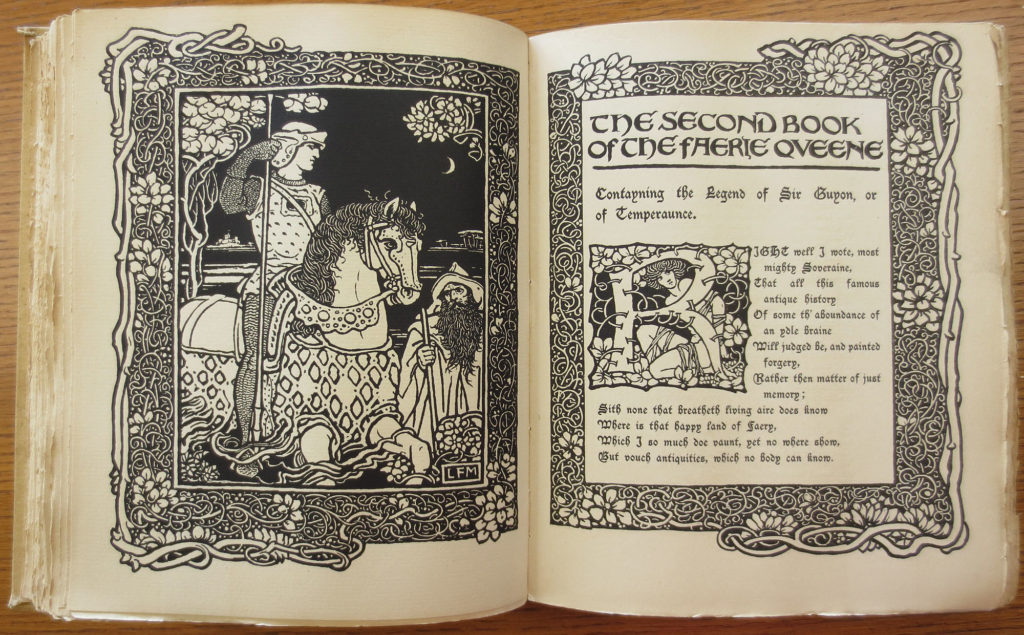
Josh Patch achieved something impressive here: he made me regret giving my copy of Spenser’s Faerie Queene away as soon as I possibly could back at university. To be fair, as a 19 year old undergrad doing a very secular English degree (and spending just one week on Spenser’s absolute doorstop of a book), I doubt that I was taught it in the best fashion. As Josh notes at the outset, it’s a well known and well regarded book which hardly anybody seems to have read. This is something Josh aims to change, as he unpacks what Spenser is really doing, with a particular focus on a Protestant vision for the role of “Christian elites” (don’t worry, he means the good kind) in the wake of the Reformation. I have returned to this essay numerous times since it came out, especially in discussions about the nature of the family, household, and vocation, and in my own personal reflections on what those things mean in my own life (not saying I’m a Christian elite, by the way).
“Still Reclaiming Calvin’s Doctrine of the Lord’s Supper” by Keith A. Mathison

2022 marked 20 years since the publication of Keith A. Mathison’s landmark book Given for You: Reclaiming Calvin’s Doctrine of the Lord’s Supper. This book has had a huge impact on me, as it seems to have done to everyone else I know who has read it. Its impact to me feels evident in Davenant circles, and elsewhere in retrieval minded folk. It was a supreme privilege, then, to invite Dr. Mathison to answer the question “has Calvin’s doctrine of the Lord’s Supper been reclaimed over the last 20 years?” I apprecaited his forthrightness: basically, “no, and here’s why”. Dr. Mathison’s reflections here should serve as a great reminder to those of us invested in theological retrieval that we are playing a very long game.
“Is Napoleon’s most famous marshal secretly buried in a North Carolina Presbyterian churchyard?” by Miles Smith
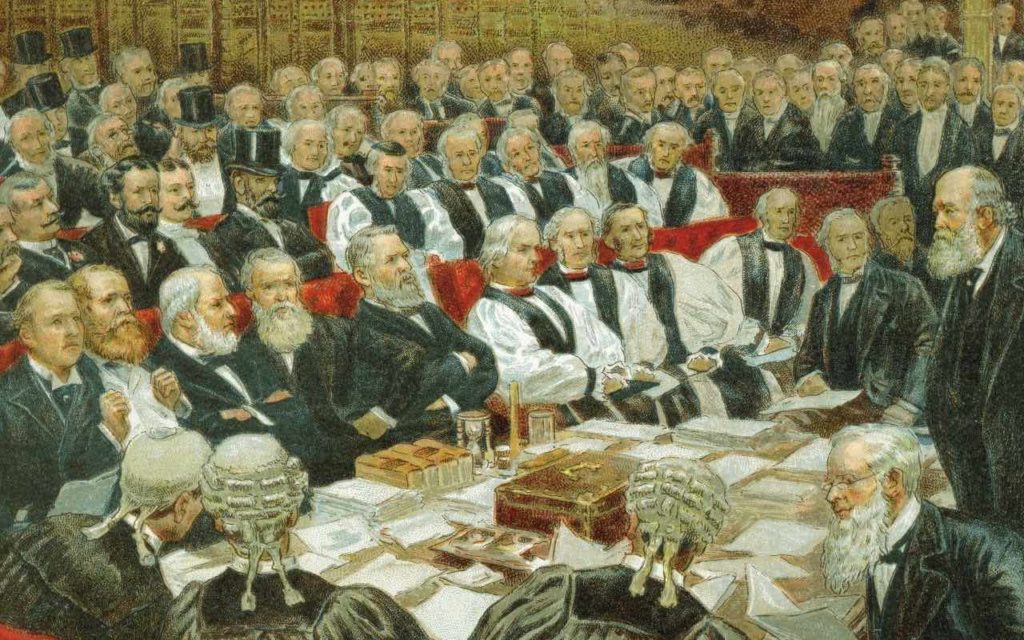
Miles Smith’s blog posts know exactly what they’re about: punchy 500 word snippets from the religious history of the early American republic, which usually dispel illusions and caricatures we hold about the parties involved. I almost always learn something new and enlightening (and not just because I’m a Brit). However, my favourite piece of his from this year has to be this uttely glorious little curveball, which perfectly straddles the lines between history and urban myth.
“Beyond Being as Communion” by Derrick Peterson
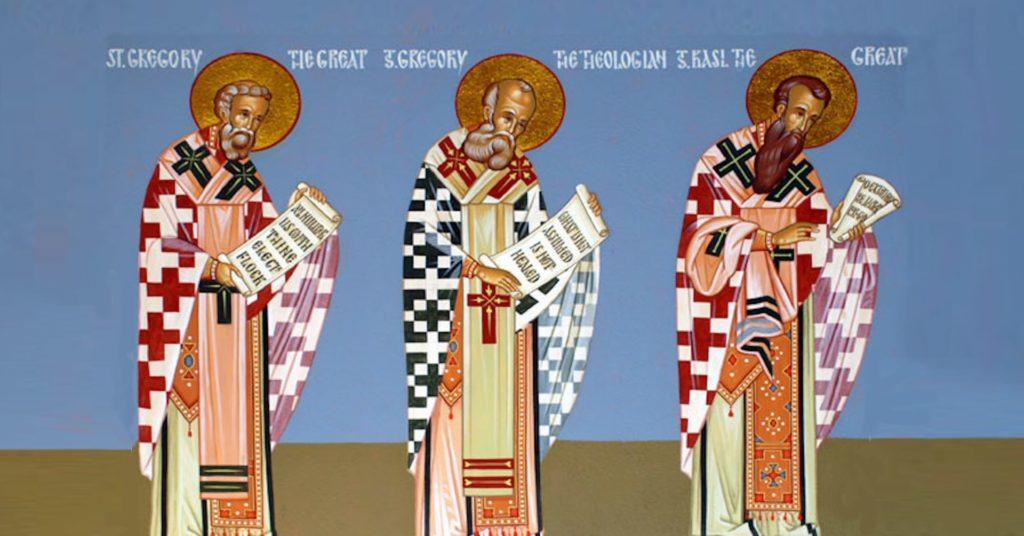
Our Summer 2022 print issue was a symposium on Johannes Zachhuber’s landmark new book The Rise of Christian Theology and the End of Ancient Metaphysics. Suffice to say, Zachhuber’s work will be part of any significant conversation about Christian philosophy and patristic theology for years to come, and the work is hard to summarise. His core contention, however, is that it was the fifth century Christological controversies around the Council of Chalcedon which marked a shift in Western philosophy toward focussing on the individual, rather than broader categories such as nature, substance etc. In the 1980s, Greek Orthodox theologian had placed this shift further back, attributing it to the fourth century Trinitarian controversies around Nicaea. In this symposium contribution, Derrick Peterson undertakes a masterfully fine-grained elaboration of the relation of Zachhuber’s work to Zizioulas’, presenting the former as an heir to the latter’s best moments and a necesary corrective to his worst. This piece is still paywalled, so why not take out an Ad Fontes subscription now so you can access it?
“Eliot in Evangelical Americana” by Colin Chan Redemer
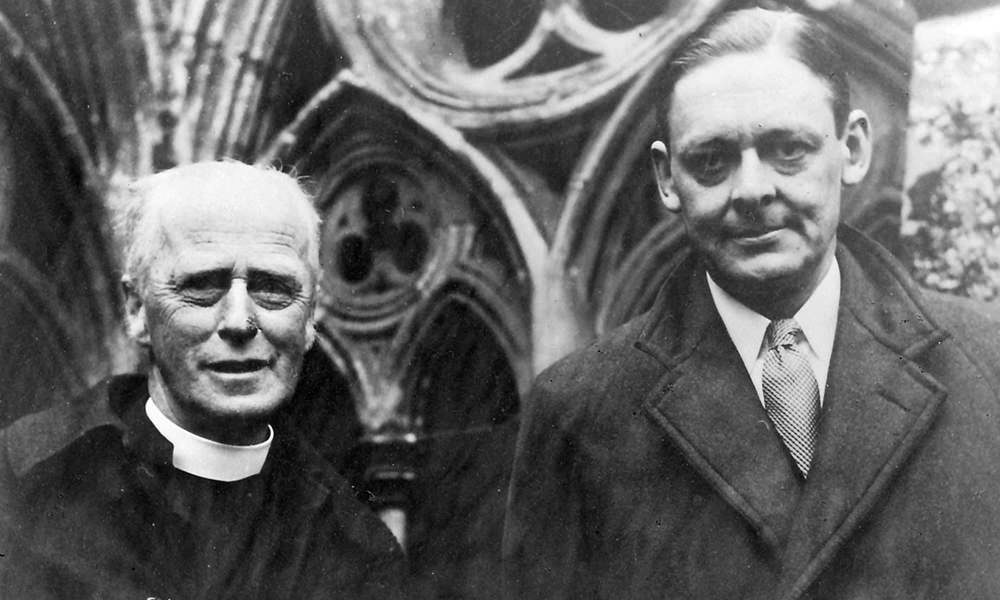
When I told Colin, our Poetry Editor, that I wanted us to mark the centenary of T.S. Eliot’s The Waste Land in some fashion, he told me that he’d been waiting years too write a certain piece about Eliot. I was, suffice to say, very excited. The finished product, appearing in our Fall 2022 print edition, did not disappoint. This is a fever dream of an essay, detailing an off-the-wall performance of Eliot’s poem at an evangelical intervarsity arts night in the early 2000s involving a PVC tree, drums, and a bee costume. And yet interwoven with it are Colin’s considered philosophical and theological reflections on a Christian approach to art. This piece is also paywalled, but if I had to pick one print article from 2022 that proves that Ad Fontes is worth the price of admission, this would be it. Subscribe now to read.
“Herod, Parthia, and Roman Foreign Policy” by Andrew Koperski
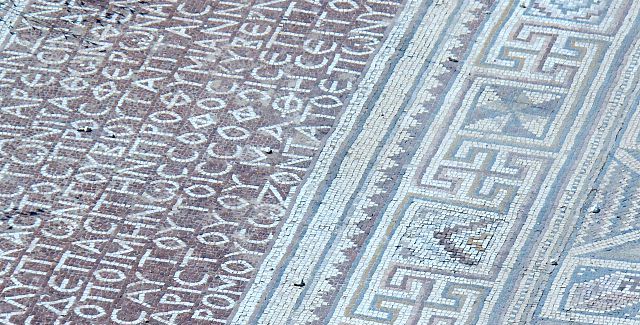
One of my proudest achievements this year was bringing Andrew Koperski into the AF blogging roster. Andrew had written a number of fantastic essays for us over the past year or so, always providing some fascinating, unexpected revelation from early church history or late antiquity on subjects ranging from baptism to Christian nationalism, and so I was hugely gratified when he agreed to become a regular blogger for us. He makes the overly familiar seem stange once again, and there is no better example of that than this little “Christmas piece” of his. Like me, you may be bored of the endless historical litigation of the Nativity story, and think there’s nothing more to be said. However, Andrew’s insight into an aspect of the Magi’s story which is often skirted over means that I will never look at their role in the story in quite the same way again.

